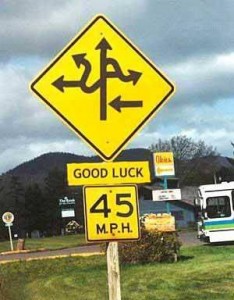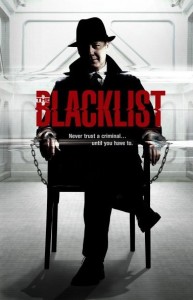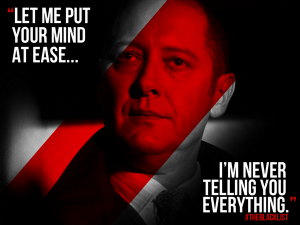Stars: 4 out of 5.
Another wonderful book. Frankly, I have been spoiled with good books so far this year.
Flex has a very interesting concept of magic that I hadn’t encountered before. The ‘mancers in Flex are not officially (or unofficially) trained magicians we grew so accustomed to in other fantasy books. No, each one of them has their own particular flavor of magic or ‘mancy. There are illustromancers and musicomancers, videogamemancers and bureaucracymancers. This is a fascinating concept that a person’s believes and obsessions define his or her magic and the set of rules within which it works.
I also loved the fact that the use of magic is not free in this world. Every time there is a Flex, or the active use of magic, there will be a Flux later, or pushback when the laws of nature reascertain themselves and make the practitioner pay for breaking them. The bigger the Flex, the bigger the subsequent Flux, and it usually hits the things or people the ‘mancer cares about the most. So no wonder why ‘mancers in this world are mostly solitary and rather unhappy people – everything they love turns to ash between their fingers the more they use their magic.
Why don’t they stop? You could ask. Well, ‘mancy is like a drug, an addiction. And for a lot of these people, the Flex is the only time they are truly happy, they truly feel alive. So they are willing to risk the Flux just to experience this euphoria even for a little while.
I loved the fact that all the ‘mancers in this book are neither really good nor really evil. They are all broken people who found refuge from the ugliness of this world in their magic. They can do horrible things, but even the worst of them can create ‘mancy that’s absolutely beautiful.
Our protagonist, Paul Tsabo, had spent his life hunting down rogue ‘mancers and handing them over to the Government to be “refactored” – a horrible procedure where their mind is erased and they become no more than puppets linked to a human controller… and then he became a ‘mancer himself. When his daughter is horribly burned in an explosion orchestrated by a ‘mancer bound on destroying human civilization, he must take it upon himself to hunt him or her down and make them pay.
I liked Paul. He is not the typical action hero. He doesn’t rush into danger with guns blazing. He is not good in a fight – too scrawny, not a very good fighter. But he is extremely good with the paperwork. He is the king of forms, the god of bureaucracy. I loved the fact that he stayed true to himself throughout this book. The author didn’t make him discover sudden mad fighting skills or extreme marksmanship. Paul remains a paper-pusher, but his papers can rewrite the world.
My only gripe with Flex is that the author doesn’t give us hardly any background on the origins of this magic. One of the characters attributes the surge of ‘mancers to the birth of the Internet and the ever growing list of obsessions people have. Yet the author also hits that ‘mancers existed even in the previous centuries, way before the invention of the Internet. In fact, a full on magical battle during World War II opened a huge broach over Europe and transformed the whole continent in to a smoldering landscape full of demons.
It’s implied that ‘mancers started being hunted down and “refactored” after that incident, but the author doesn’t explain how it was before that. How did ‘mancers deal with their Flux? How did society deal with them? I would have loved to have a bit more details. I would also have loved to see more of that strange world than just New York. Hopefully, the author will expand his universe in the next book.
But even as it stands, Flex is a definite must read. It’s well written and fast paced, and the story is really interesting.
PS. I received an advanced copy of this book via NetGalley.












